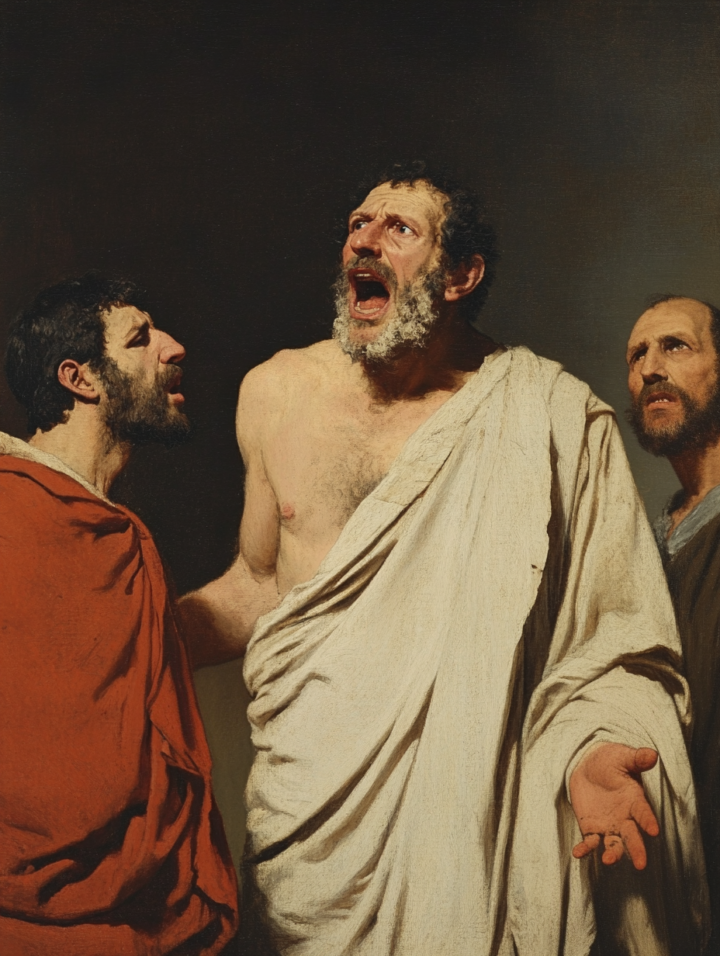
Sleep is a universal experience, yet its complexity has puzzled humanity for centuries. From the evolutionary roots of sleep in ancient species to modern scientific breakthroughs, understanding sleep’s history provides insight into why it remains a cornerstone of health and well-being today.
This article explores how historical evidence shapes our current understanding of sleep, tracing its significance through cultural beliefs, religious philosophies, and scientific discoveries.
Early Evidence of Sleep
Fossil and Evolutionary Clues About Sleep in Early Species
The origins of sleep stretch back billions of years. Even single-celled organisms show signs of rhythmic activity resembling rest. Fossil evidence suggests that sleep likely evolved as a survival mechanism, conserving energy and enhancing alertness during daylight hours.
Sleep Patterns in Early Humans: The Hunter-Gatherer Era
Early humans likely followed polyphasic sleep cycles, resting intermittently rather than in one consolidated block. This pattern, dictated by the demands of survival, contrasts sharply with modern expectations of uninterrupted nocturnal rest.
The History of Sleep in Ancient Civilizations

Ancient Egypt: Sleep as a Spiritual Connection
Egyptians associated sleep with the divine. Temples dedicated to sleep, like those honoring the god Serapis, were used for dream incubation, where priests interpreted dreams to offer guidance.
Mesopotamia and Early Myths About Sleep
Mesopotamian texts depict sleep as a gateway to the divine, often linked to dream interpretation. The famous Epic of Gilgamesh describes sleep as a state intertwined with mortality and human frailty.
Greek and Roman Views on Sleep and Dreams
Greek philosophers like Aristotle theorized about sleep as a biological necessity, while Hippocrates connected it to health. Romans, inspired by Greek ideas, viewed sleep as both restorative and mysterious, often linking it to their gods.
Religious and Philosophical Perspectives
Biblical References to Sleep as Rest and Reflection
The Bible frequently refers to sleep as a symbol of peace and divine connection. Stories such as Jacob’s ladder underscore the spiritual significance attributed to rest.
Eastern Philosophy: Sleep in Hinduism and Buddhism
In Hindu texts, sleep is a state of restoration and a path to enlightenment, while Buddhism emphasizes mindful rest as a component of spiritual practice.
Philosophers’ Theories on Sleep: From Aristotle to Descartes
Aristotle believed sleep allowed the brain to regulate bodily heat, while Descartes theorized that dreams were a product of the soul’s activity during rest. These ideas paved the way for modern inquiries into the mind-body connection.
Scientific Breakthroughs in Understanding Sleep
Renaissance Observations: Medical and Philosophical Inquiries
During the Renaissance, thinkers like Thomas Willis began linking sleep to brain activity, setting the stage for future neurological research.
The Discovery of Circadian Rhythms: A Turning Point
In the 18th century, scientists like Jean-Jacques d’Ortous de Mairan observed plants’ rhythmic behaviors, marking the discovery of circadian rhythms—a breakthrough that redefined sleep research.
Sleep as a Physiological Process: 19th Century Insights
By the 19th century, scientists identified sleep stages, linking them to brain waves and physiological changes. These discoveries laid the groundwork for modern sleep studies.
How the History of Sleep Shapes Modern Science
The Discovery of REM Sleep and Its Importance
In 1953, researchers Nathaniel Kleitman and Eugene Aserinsky identified REM sleep, revolutionizing our understanding of dreaming and cognitive restoration.
How Sleep Studies Revolutionized Medicine
Advancements like polysomnography enabled precise analysis of sleep disorders, leading to treatments for conditions like insomnia and sleep apnea.
Advances in Sleep Disorder Diagnoses
Today, research builds on historical insights, offering tailored solutions for disorders rooted in centuries-old sleep behaviors.
The Role of Technology in Shaping Sleep
The Impact of the Light Bulb on Sleep Cycles
Thomas Edison’s invention disrupted natural sleep patterns, extending waking hours and diminishing overall sleep quality.
The Digital Age and Sleep Disruptions
Blue light from screens has exacerbated sleep problems, a stark contrast to historical reliance on natural light.
Conclusion
From ancient myths to cutting-edge research, the history of sleep is a story of discovery and transformation. By understanding the past, we gain valuable insight into improving sleep health today and shaping the future of sleep science.
FAQs About the History of Sleep
1. Why has sleep been important throughout human history?
Sleep has always been essential for survival, health, and spiritual connection, as evidenced by ancient rituals and modern science.
2. How did ancient civilizations view sleep?
Cultures like Egypt and Mesopotamia viewed sleep as divine, linking it to dreams, health, and the supernatural.
3. When did scientists first discover REM sleep?
REM sleep was discovered in 1953, marking a major breakthrough in understanding the link between sleep and cognitive processes.
4. What are circadian rhythms, and who discovered them?
Circadian rhythms are biological cycles regulating sleep, first observed in plants by Jean-Jacques d’Ortous de Mairan in the 18th century.
5. How has technology changed our sleep patterns?
Inventions like the light bulb and digital screens disrupted natural sleep rhythms, leading to modern challenges.
6. Are modern sleep problems rooted in historical behaviors?
Many contemporary sleep issues stem from historical shifts in lifestyle, such as industrialization and technological advancements.



